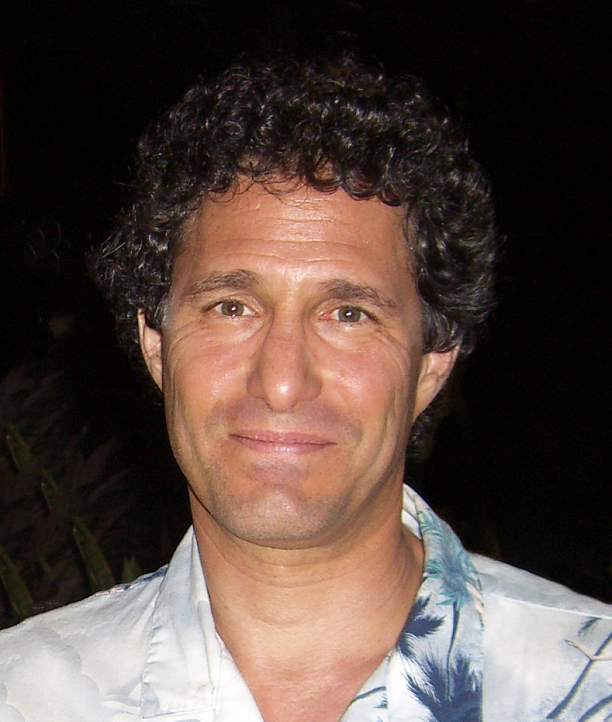6,849,782 Arabidopsis Antisense Deoxyhypusine Synthase Molecule and Method of Inhibiting Deoxyhypusine Synthase Expression in Plants
6,855,529 DNA encoding a plant deoxyhypusine synthase, a plant eukaryotic initiation factor 5A, transgenic plants and a method for controlling senescence programmed and cell death in plants
6,878,860 DNA Encoding a Plant Deoxyhypusine Synthase, a Plant Eukaryotic Initiation Factor 5A, Transgenic Plants and a Method for Controlling Senescence Programmed and Cell Death in Plants
6,897,359 Carnation Antisense Deoxyhypusine Synthase Molecule and Method of Inhibiting Deoxyhypusine Synthase Expression in Plants
6,900,368 Tomato Antisense Deoxyhypusine Synthase Molecule and Method of Inhibiting Deoxyhypusine Synthase Expression in Plants
6,989,258 DNA encoding a plant deoxyhypusine synthase, a plant eukaryotic initiation factor 5A, transgenic plants and a method for controlling senescence programmed and cell death in plants
7,033,833 Polynucleotides Encoding Carnation Senescence-induced eIF-5A
7,070,997 Isolated Nucleotides Encoding Tomato Senescence-induced eIF-5A
7,087,419 DNA Encoding a Plant Lipase, Transgenic Plants and a Method for Controlling Senescence in Plants
7,226,784 Isolated Nucleotides Encoding Arabidopsis Senescence-induced eIF-5A
7,265,280 Polynucleotides Encoding Carnation Senescence-induced DHS
7,358,418 Isoforms of eIF-5A: Senescence-induced eIF-5A; Wounding-induced eIF-5A; Growth eIF-5A: and DHS
7,663,028 Method of Increasing Seed Yield and Growth eIF-5A
8,232,455 Polynucleotides Encoding Canola DHS and Antisense Polynucleotides Thereof
8,563,285 Isoforms of eIF-5A: Senescence-induced eIF-5A; Wounding-induced eIF-5A; Growth eIF-5A: and DHS
2019/0203220 Plants With Modified DHS Genes


